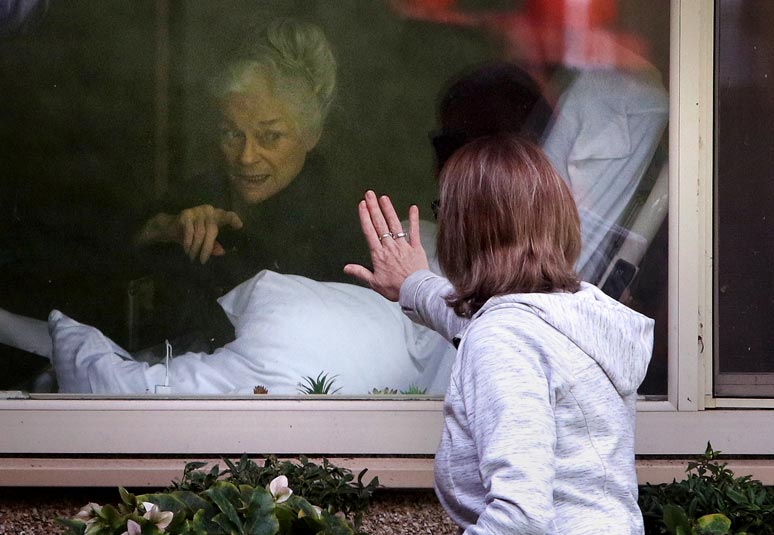On January 28, 2021, the Centers for Medicare & Medicaid Services (CMS) issued guidance pertaining to two Medicare requirements for nursing home coverage in light of the coronavirus pandemic. Under Medicare law, a Medicare recipient must be admitted to a hospital for at least three (3) days prior to being discharged to a skilled nursing facility (SNF) in order for Medicare to pay any of the SNF cost, and that coverage is limited to payments during the first 100 days of SNF admission. Entitlement to this coverage may be re-established if there is a 60-day “wellness period” during which none of the same Medicare services are required or provided.
CMS has waived two limitations on Medicare Part A skilled nursing facility coverage during the coronavirus pandemic:
- The 3-day qualifying hospital stay requirement; and
- The 100-day benefit period.
However, CMS treats the two SNF coverage expansions differently from each other with regard to connection to COVID.
- Three Day Prior Inpatient Hospital Stay
As described in CMS’s Frequently Asked Questions about COVID-19,[1] “The qualifying hospital stay waiver applies to all SNF-level beneficiaries under Medicare Part A, regardless of whether the care the beneficiary requires has a direct relationship to COVID-19” (Question Y.1.) This means that a beneficiary can get Part A coverage in a SNF whether or not s/he was a hospital inpatient for three consecutive days, or any days at all. This is true so long as the beneficiary meets all other requirements for Part A coverage (e.g., needs skilled nursing care seven days per week or skilled rehabilitation services five days per week, or a combination of the two).
- 100-Day SNF Coverage Limit
For expansion of the 100-day limit on SNF coverage, however, the beneficiary’s COVID-19 status is relevant. CMS writes, “If the patient has a continued skilled care need (such as a feeding tube) that is unrelated to the COVID-19 emergency, then the beneficiary cannot renew his or her SNF benefits under the section 1812(f) waiver as it is this continued skilled care in the SNF rather than the emergency that is preventing the beneficiary from beginning the 60 day ‘wellness period’.” (Question Y.2) This language means that SNF residents can receive an additional 100 days of Part A coverage only when their continued need for care is related to the COVID pandemic.
Residents who qualify for the additional 100 days of coverage can continue to use them, even after the waiver of the benefit period ends. The FAQs state, “If a beneficiary has qualified for the special one-time renewal of SNF benefits under the benefit period aspect of the section 1812(f) waiver while the section 1812(f) waiver is in effect, that reserve of 100 additional SNF benefit days would remain available for the beneficiary to draw upon even after the waiver itself has expired” (Question Y.7, added Oct. 20, 2020).
January 28, 2021 – T. Edelman
[1] CMS, “COVID-19 Frequently Asked Questions (FAQs) on Medicare Fee-for-Service (FFS Billing) (updated Jan. 7, 2021), https://www.cms.gov/files/document/03092020-covid-19-faqs-508.pdf
For more information about many Medicare topics, see https://medicareadvocacy.org.
